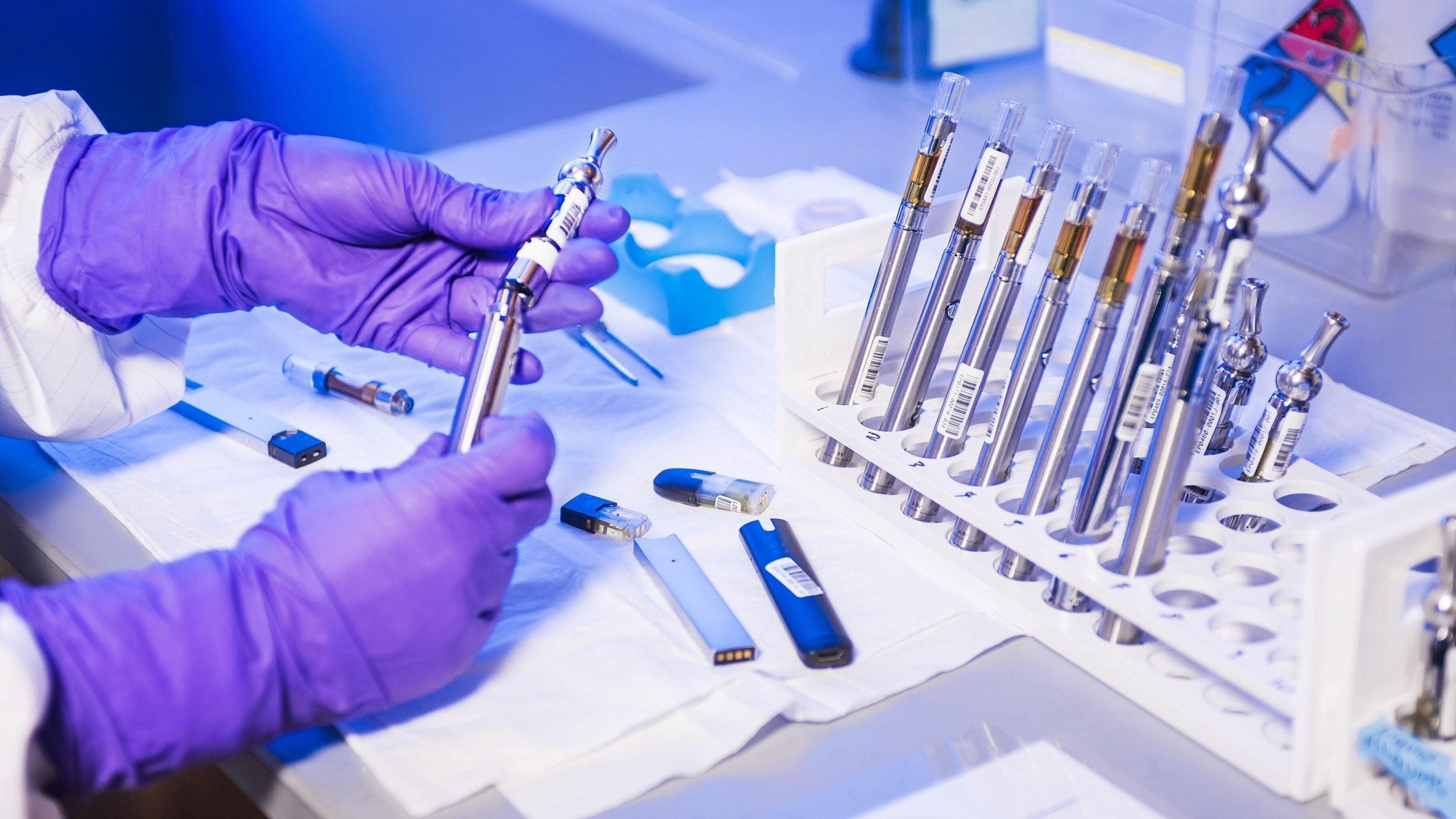
Kura Oncology reported new Phase I/II data for its selective menin inhibitor ziftomenib as it looks to bolster clinical development in acute myeloid leukaemia (AML) with a series of new studies.
Kura presented updated clinical data from KOMET-001 (NCT04067336), a Phase I/II clinical trial of ziftomenib demonstrating clinical activity in patients with heavily pre-treated and co-mutated relapsed/refractory NPM1-mutant AML. The company reported data at the 2023 European Haematology Association (EHA) Annual Congress, which took place 8–11 June in Frankfurt.

Discover B2B Marketing That Performs
Combine business intelligence and editorial excellence to reach engaged professionals across 36 leading media platforms.
Kura is also preparing to initiate a series of studies to evaluate ziftomenib in combination with current standards of care in earlier lines of therapy and across multiple patient populations, including NPM1-mutant and KMT2A-rearranged AML. The company has begun site activation in the first of these studies, KOMET-007 (NCT05735184) and announced it is on track to dose the first patients this quarter.
Ziftomenib is a once-daily, oral investigational drug candidate targeting the menin-KMT2A/MLL protein-protein interaction for treatment of genetically defined AML patients. GlobalData forecasts lower future sales of $255 million for Ziftomenib compared to $633 million for its competitor revumenib, by Syndax Pharmaceuticals, in 2029.
GlobalData is the parent company of Clinical Trials Arena.
Ziftomenib data in AML
As of the KOMET-001 data cut-off on April 12, seven of the twenty patients (35%) with NPM1-mutant AML treated at the recommended Phase II dose (RP2D) of 600 mg achieved a complete response (CR) with full count recovery. Meanwhile, one third of patients with FLT3 co-mutations and half of patients with IDH co-mutations achieved a CR on ziftomenib.

US Tariffs are shifting - will you react or anticipate?
Don’t let policy changes catch you off guard. Stay proactive with real-time data and expert analysis.
By GlobalDataTwo patients underwent a stem cell transplant (SCT) and remain in remission as of the data cut-off, including one on post-SCT ziftomenib maintenance therapy. An eighth patient who had a CR with incomplete recovery (CRi) at the time of transplant subsequently evolved to a CR and remains on study.The median duration of response for all NPM1-mutant patients was 8.2 months (95% CI: 1.0 to NE), with a median follow-up of 8.8 months.
The resistance mutation MEN1-M3271 was detected in three patients treated with ziftomenib, only one of whom developed the mutation after ziftomenib treatment. This data shows that MEN1 mutations developed in just 3% (1/29) of patients analysed following treatment with ziftomenib and suggest that resistance mutations are less likely to evolve after prolonged exposure to ziftomenib monotherapy.
“Data appears to suggest that ziftomenib is less likely to induce common MEN1 resistance mutations, coupled with emerging data showing the retention of activity against other key resistance mutants, are exciting, as we look to advance ziftomenib into combinations and treat patients in earlier lines of therapy.” said Amir Fathi, Director of the Leukaemia Program at the Massachusetts General Hospital, Boston.





